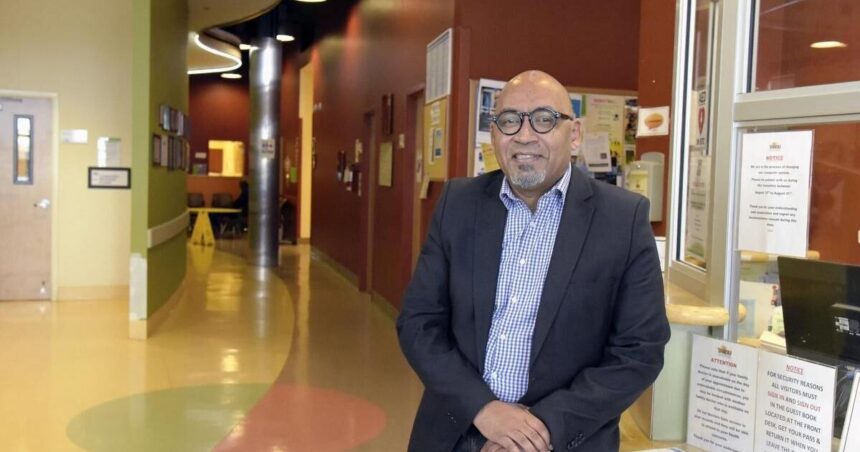In a testament to unwavering dedication spanning two decades, Liben Gebremikael has been recognized among Canada’s Top 25 Immigrants for 2025, acknowledging his transformative work addressing health inequalities across the nation.
As Executive Director of TAIBU Community Health Centre in Scarborough, Gebremikael has pioneered innovative approaches to healthcare delivery that specifically target marginalized communities facing systemic barriers. His recognition comes after years of advocacy that has fundamentally reshaped how healthcare providers approach equity in their services.
“This honor belongs to the countless individuals who work tirelessly alongside me,” Gebremikael told CO24 in an exclusive interview. “The real achievement is seeing healthcare systems finally acknowledge that true health equity requires dismantling structural barriers that have historically limited access for racialized communities.”
Gebremikael’s journey began after immigrating from Ethiopia, where he witnessed firsthand how social determinants profoundly impact health outcomes. This perspective proved invaluable as he helped establish TAIBU in 2008, creating what has become a model for culturally responsive healthcare that addresses both immediate medical needs and underlying social factors.
Under his leadership, TAIBU has expanded from serving 3,000 clients annually to over 40,000, while developing specialized programs addressing mental health, chronic disease management, and preventative care for Black communities. The center’s data-driven approach has documented significant improvements in healthcare outcomes, with patients reporting 87% higher satisfaction rates compared to traditional healthcare settings.
“What distinguishes Liben’s work is his ability to translate complex social determinants of health into practical, implementable solutions,” notes Dr. Maya Fernandez, health equity researcher at the University of Toronto. “He’s demonstrated that culturally responsive care isn’t just ethically imperative—it delivers measurably better health outcomes.”
The recognition comes as Canada’s healthcare system faces mounting pressure to address inequities exposed during the pandemic, when data revealed significantly disparate outcomes among marginalized populations. Gebremikael’s evidence-based advocacy has been instrumental in pushing for mandatory collection of race-based health data, a practice now implemented in several provinces.
Beyond direct service delivery, Gebremikael has influenced national policy discussions through his participation in federal advisory committees and provincial working groups. His recommendations have been incorporated into Health Canada’s latest strategic plan, which now includes specific benchmarks for reducing health disparities among racialized populations.
“The recognition is meaningful because it amplifies our message that health equity isn’t a peripheral concern—it’s fundamental to an effective healthcare system,” Gebremikael explained. “When we design systems that work for the most marginalized, we create better healthcare for everyone.”
As Canada grapples with healthcare reform amid rising costs and demographic changes, Gebremikael’s model offers a blueprint for sustainable approaches that improve outcomes while potentially reducing long-term system burdens. Economic analyses suggest that addressing health inequities could save the Canadian healthcare system an estimated $14 billion annually by reducing preventable hospitalizations and emergency interventions.
Gebremikael’s next initiative involves creating a national collaborative of community health centers focused on sharing best practices for culturally responsive care. The project has already secured $8.2 million in funding from the Public Health Agency of Canada and various foundation partners.
As healthcare leaders across the country acknowledge the urgent need for transformation, the question remains: will Canada fully embrace the equity-centered approaches that Gebremikael and other innovators have demonstrated to be both more humane and more effective than traditional models?










